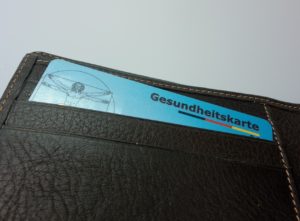
Learning German
There are several approaches to learn German, all of which can help you achieve your language learning goals. You can opt for convenient online sites that offer a range of language courses
Third country nationals between the age of 18 and 26 can apply for Au Pair positions in Germany.
If you are an EU citizen you can apply up to the age of 30.
The applicant does not need a formal childcare qualification, but a genuine interest in children and caring for them is important.
An Abitur equivalent qualification is preferred but not required.
An Au Pair does not earn a salary, but gets pocket money. The 2023 pocket money rate is €280 per month.
Board and lodging must be provided for by the host family.
The daily tasks of an Au Pair depend on the characteristics and lifestyle of the host family.

There are several approaches to learn German, all of which can help you achieve your language learning goals. You can opt for convenient online sites that offer a range of language courses
The applicant may be married.
According to the Bundesagentur für Arbeit, the host family is responsible for arranging health, accident and liability insurance coverage and for bearing the costs.

Health insurance is mandatory for everyone visiting or living in Germany.When living in Germany you can either take our private (privaten Krankenversicherung – PKV) or public (gesetzliche Krankenversicherung – GKV) health insurance.
There are many benefits to working as an Au Pair.
The first point of contact in emergencies is the placement agency. When this is not possible, Au Pairs can contact the counselling service or the hotline of the Aupair Society e.V.
These numbers are intended for emergency calls only.

People from 3rd world countries can apply to do volunteer service in Germany. There are four types of Voluntary services in Germany, that you can apply

Moving to a new country can be both exciting and overwhelming at the same time. The thought of starting a new chapter in your life

An Ausbildung is a form of vocational training or apprenticeship where a student attends school and works simultaneously. The student gains both theoretical and practical

Long Term visas are seen as visits longer than 90 days and will typically be for work or study visits. If your application is approved,
You must be logged in to post a comment.